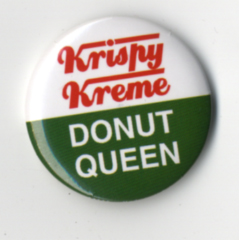
“In North Carolina’s tobacco belt last week, tongues were wagging with happiness and hope. At last, the state had an iron-jawed, copper-bellied football team that combed its hair with lightning and ate opposing tackles for breakfast. First crack out of the box, the ferocious University of North Carolina Tar Heels took Texas apart, 34 to 7.
“The chief wrecker was slim, 165-lb. Halfback Charlie (‘Choo Choo”) Justice. He ran like a jack rabbit, fast and zigzaggy. Against Texas, Choo Choo scored two touchdowns, threw passes for two more, modestly demurred when called upon to score another. ‘I’ve had my flurry,’ he said in the huddle. ‘Give somebody else a chance.’
“Carolina folks were mighty proud that Choo Choo, in this age of interstate commerce in footballers, was a native North Carolinian. Prosperous alumni, who pour about $100,000 yearly into a football fund, convinced him of the virtues of staying at home. Like many football heroes, Choo Choo drives a new car. He and his family live in a cozy bungalow off Chapel Hill’s main street. After he graduates, a loyal alumnus has promised to set him up with an automobile dealership.”
— From Time magazine, Oct. 11, 1948
Well, yes, Charlie Justice played under quite a different system of subsidizing college athletes. Although the NCAA had just enacted restrictions that became known as the Sanity Code, they proved unworkable and were rescinded in 1951. The now-familiar (if problematic) athletic grant-in-aid wasn’t adopted until 1957.


